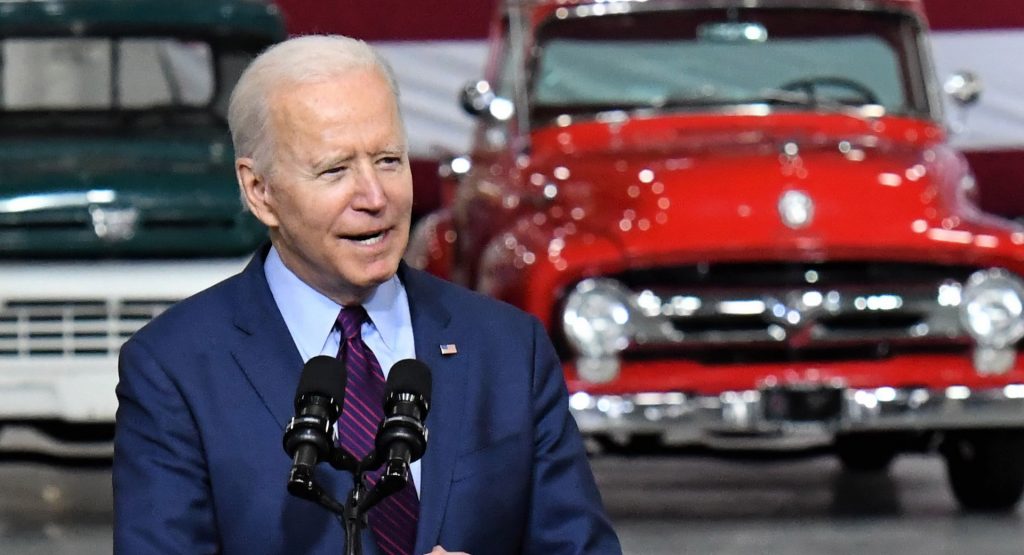President Joe Biden is proposing a return to aggressive fuel economy standards over the next five years in an effort to help combat climate change and encourage 40 percent of U.S. drivers into EVs by 2030.
The Associated Press reports that proposed rules from the Environmental Protection Agency (EPA) and the Department of Transportation that are set to be announced next week will help the President achieve his goal of reducing U.S. greenhouse gas emissions by half by 2030.
Under the proposal, the EPA would start applying the fuel economy increases set by California in 2019 to automakers across the U.S. in 2023. The state set a deal with automakers Ford, Volkswagen, Honda, BMW, and Volvo to increase mileage standards and cut emissions by 3.7 percent per year.
Read Also: EPA To Restore California’s Power To Set Its Own Emissions Regulations
This led to a fight with the Trump administration, which moved to repeal California’s ability to set its own fuel economy standards – something Biden will seek to restore. Under Trump, the EPA ultimately slowed country-wide emissions cuts to just 1.5 percent annually. That was a big cut from Obama-era standards that required automakers to increase fuel economy by 5 percent per year from 2021.
In terms of fleet-wide average miles per gallon, the latest plan would require automakers to get up to 33 mpg by 2026, a halfway mark between the 37 mpg targeted by the Obama administration and Trump’s 29 mpg.
Although Biden isn’t fully rolling back the Trump change, his plan is set to kick into gear in 2026, when a person briefed on the matter said fuel economy standards will have to increase by 6-7 percent per year from then on.
Although automakers have said that the Obama-era targets were too aggressive, environmental groups don’t feel that California’s targets are aggressive enough.
“We’re at the climate cliff, and the stakes are too high to aim low,” the Center for Biological Diversity wrote in a full-page ad in The New York Times on Wednesday. Delaware Senator Tom Carper, who chairs the Senate Environment and Public Works Committee, has started urging for rules that would ban the sale of internal combustion cars by 2035.
The Biden administration has also invested heavily in plans that will build up EV infrastructure across the country in order to encourage their use.










